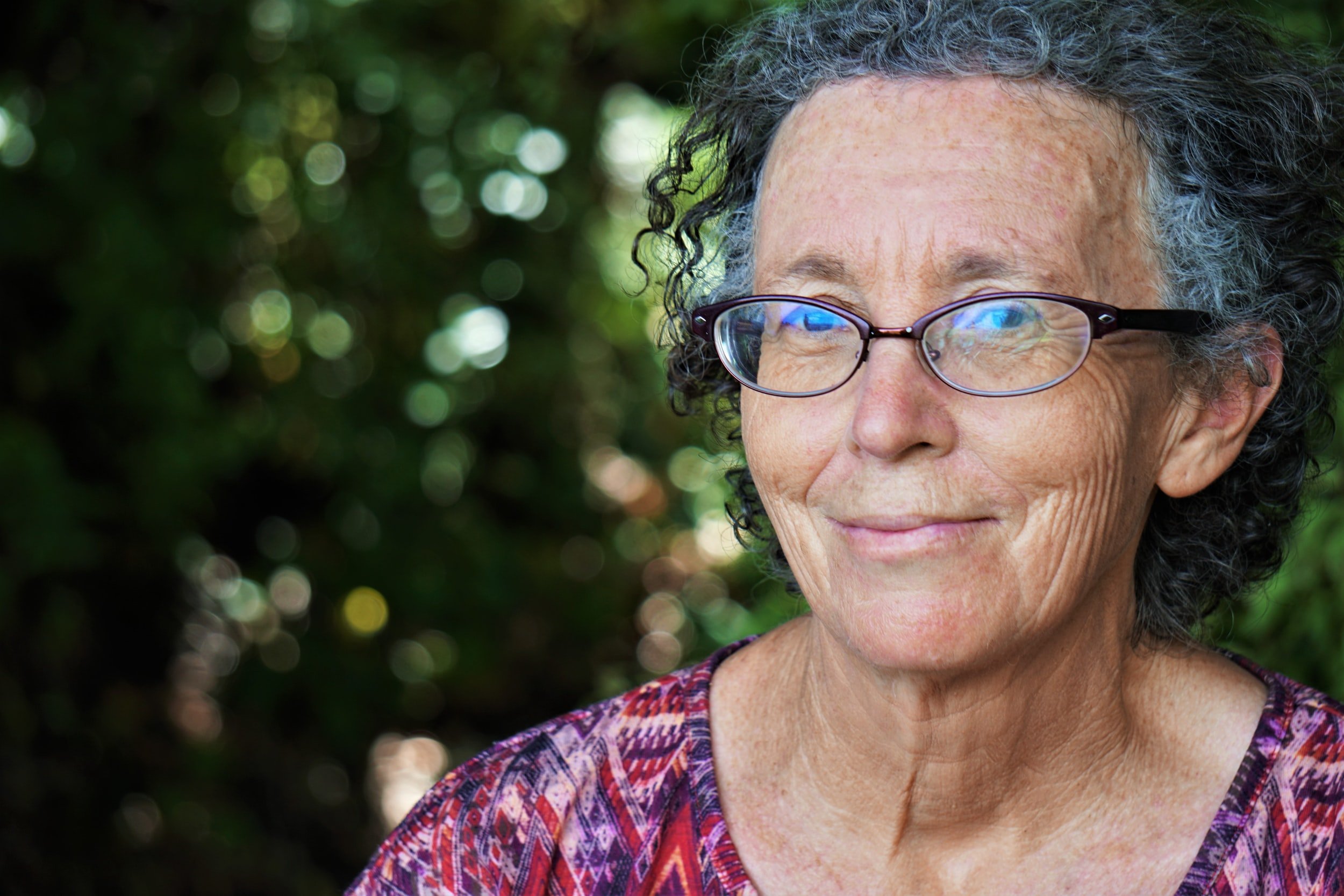Researching Family Narratives
by Ann Phoenix, Julia Brannen, Corinne Squire
The co-authors of Researching Family Narratives shared this post as part of the series about Researching Generations in July 2022. With the code MSPACEQ322 you receive a 20% discount when you order the book from SAGE. Valid through September 30.
Researching Family Narratives is based on a collaborative programme of research, Narratives of Varied Everyday Lives and Linked Approaches, or NOVELLA for short. NOVELLA had a theoretical aim: to address the conundrum that family practices are central to individual and family lives and are varied and complex but are often hidden from view. NOVELLA focused on the perspectives both of the researchers and of family members. Its closely interlinked research projects concerned intergenerational families, including grandparents, parents and children and at different points in history. NOVELLA also addressed its concerns in relation to significant social issues, such as climate change, food insecurity, migration, and online ‘parenting’. The research raises important matters of reflexivity, ethical issues in the study of family relations, and methodological matters concerning data reuse, secondary analysis and multiple/mixed methods, which are all covered in the book. The book is about the many different ways that research is done, including the use of qualitative and quantitative methods alongside each other.
The projects reported pivoted around a clear interrelated organisational structure and cohered around a central purpose: to understand everyday family practices better. To that end, the book and the research that underpins it, employed a narrative perspective. Family stories are of great significance, with powerful historical, cultural and social currency. They come in many different forms – oral, written, visual, online - providing researchers with a variety of different types of data. Written with researchers in mind who are new to narrative perspectives, the book offers insights into the nature of narrativity and its many different forms.
Researching Family narratives is also a practical guide. It demonstrates the ways in which and the value of researchers working together. It suggests three ways of collaborating, in the carrying out of research; the writing of research; and developing ways of enhancing methodological expertise.
First, the book demonstrates the processes of team research and creating a critical mass of researchers in the field of family and intergenerational relationships, within a research unit and across university institutions. While collaborative methodological practices are central to much research, they are difficult to achieve in the increasingly competitive disciplinary environments of academia. This book demonstrates how such collaboration can be accomplished both in primary research but also in working with secondary and archival data.
Second, the book demonstrates the value of collaborative writing. Seven of its 13 authors were based in the same research unit (TCRU) and the others are researchers with whom some of us have previously worked in other institutions. This made it feasible to work together on joint writing, including with combinations of people who had never worked together before.
Third, the book and NOVELLA itself has a methodological goal: to enhance expertise and innovative research practice via the lens of narrative. NOVELLA organised many training events that meant working closely with colleagues in another institution (Corinne Squire and Molly Andrews) who organised visits from narrative researchers from all over the world. Its project researchers also organised their own training activities and other forms of engagement based around NOVELLA’s research.
The research teams who contributed to the NOVELLA project used a wide range of data sources, both primary and secondary. These included the following methods, frequently in combination: life stories, interview data including walking interviews, visual data, archival data including data not produced for research purposes (e.g. community oral histories), diaries and surveys, longitudinal data from a British cohort study, paradata written in the margins of questionnaires) from Peter Townsend’s 1960s Poverty in the UK survey, and contemporary online blog data.
The research was made possible by the award of a grant from the ESRC, which had set up an innovative methodological research programme. Its mothership was the ESRC National Centre for Research Methods, around which clustered several research programmes. The success of the NOVELLA programme demonstrates the importance and generativity of such funding for developing collaborative research.
More Methodspace posts about Researching the Generations






















Find a collection of posts about research across ages and abilities, with lots of open-access examples.